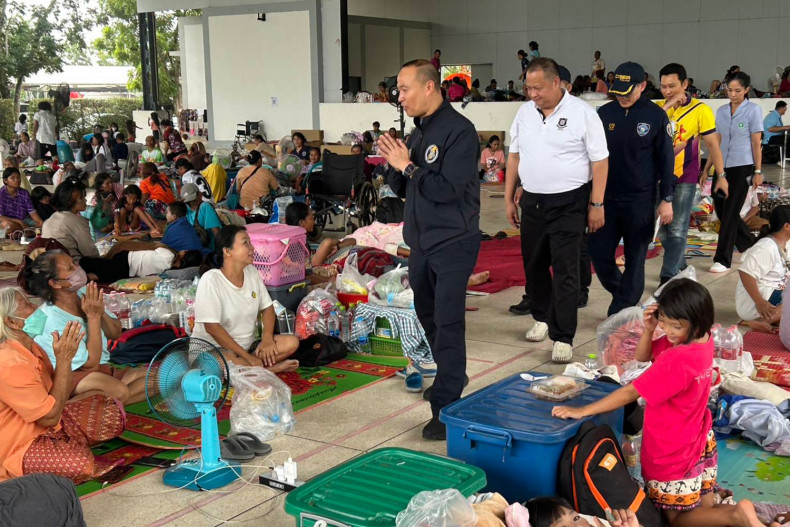MRT’s Ambitious Flat Fare Proposal Faces Delays
Why Is the 20-Baht MRT Fare Plan at Risk?
The Mass Rapid Transit Authority of Thailand (MRTA) aimed to use an 8 billion baht profit to fund a 20-baht flat fare across Bangkok’s MRT lines, but the plan has encountered significant setbacks. Regulatory and financial challenges have slowed progress, raising doubts about the initiative’s feasibility despite its promise to ease commuter costs.
Financial Constraints Threaten MRT’s Vision
How Are MRT’s Profits Impacting the Fare Plan?
The MRTA’s 8 billion baht surplus was earmarked to subsidize the flat fare, reducing ticket prices for millions of daily commuters. However, unforeseen budgetary restrictions and approval delays have strained the funding model, forcing authorities to reassess how to sustain the affordable fare scheme without compromising service quality or infrastructure upgrades.
Regulatory Hurdles Slow Implementation
What Bureaucratic Issues Are Blocking the Plan?
Thailand’s transport ministry and related agencies have yet to greenlight the fare restructuring, citing complex regulatory requirements. The need for alignment with national transport policies and coordination with private operators has created bureaucratic bottlenecks, delaying the rollout of the commuter-friendly initiative and frustrating stakeholders.
Public Reaction and Commuter Expectations
How Are Bangkok Residents Responding to the Delay?
Bangkok’s commuters, eager for relief from rising living costs, have expressed disappointment over the stalled 20-baht fare plan. Social media platforms buzz with calls for transparency, as residents highlight the potential for affordable transit to improve daily life and reduce reliance on private vehicles in the congested capital.
Future of Affordable Transit in Thailand
What’s Next for MRT’s Flat Fare Initiative?
The MRTA remains committed to the 20-baht fare goal but may need alternative funding strategies or government subsidies to move forward. As discussions continue, the setback underscores broader challenges in balancing public transport affordability with financial sustainability, with implications for urban mobility across Thailand.









